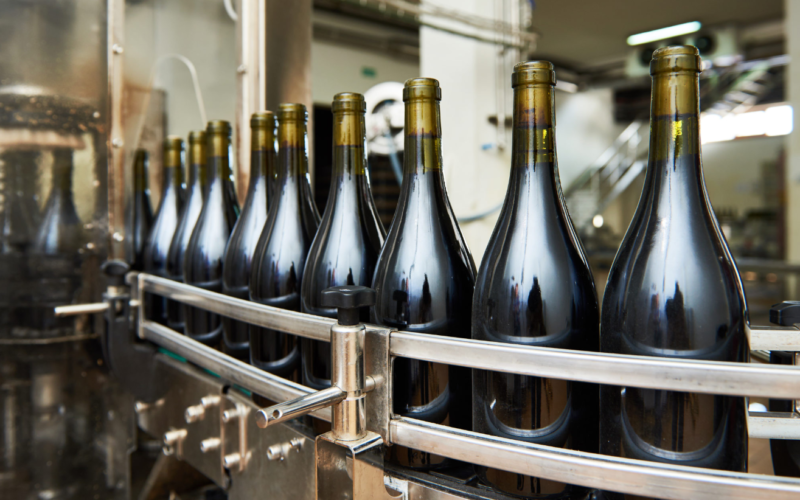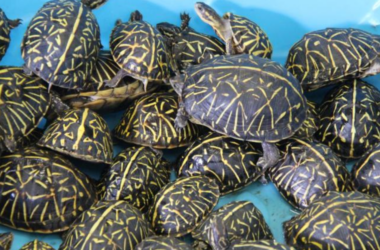Extreme and unpredictable weather patterns have dealt a severe blow to the world’s wine production, resulting in the lowest output in more than 60 years. These climatic challenges have sent shockwaves through the wine industry and raised concerns about the future of wine production in a changing climate.
The global wine industry, renowned for its diversity and quality, has faced a series of unprecedented challenges. Climate-related events, including droughts, heatwaves, wildfires, and unseasonal frost, have disrupted vineyards and affected grape yields in major wine-producing regions.
The year-on-year decline in wine production has been a cause for alarm among winemakers, wine enthusiasts, and consumers alike. The industry has not experienced such a significant drop in production since the mid-20th century, underscoring the gravity of the situation.
The wine industry’s vulnerability to climate change has become increasingly apparent in recent years. Rising temperatures and erratic weather patterns have led to earlier harvests, changes in grape ripening, and increased disease pressure in vineyards, affecting the overall quality and quantity of wine produced.
Wine regions across the globe have been impacted, from iconic winemaking areas in France, Italy, and Spain to emerging wine-producing countries in the Southern Hemisphere. These challenges are pushing winemakers to adapt their practices, implement new technologies, and explore alternative grape varieties that can withstand the changing climate.
Winemakers are also placing a greater emphasis on sustainability and environmentally friendly practices to mitigate the industry’s carbon footprint and lessen its impact on the planet. Initiatives such as organic and biodynamic farming, water conservation, and carbon-neutral production are gaining traction in the wine sector.
Consumers are becoming more conscious of the environmental impact of their choices, and the wine industry’s response to climate change is a significant factor in purchasing decisions. The trend toward sustainability and responsible production aligns with broader global efforts to combat climate change.
While the challenges posed by extreme weather are formidable, they have also spurred innovation and collaboration within the wine industry. Winemakers, researchers, and scientists are working together to develop strategies to adapt to changing climate conditions and ensure the resilience of the sector.
In conclusion, the record-low global wine production due to extreme weather events serves as a stark reminder of the far-reaching impact of climate change on various industries. The wine sector, known for its rich traditions and cultural significance, is facing a new era of uncertainty and adaptation. As the industry grapples with the challenges posed by extreme weather, it is striving to find sustainable solutions that can preserve the essence of winemaking while embracing a changing climate.








